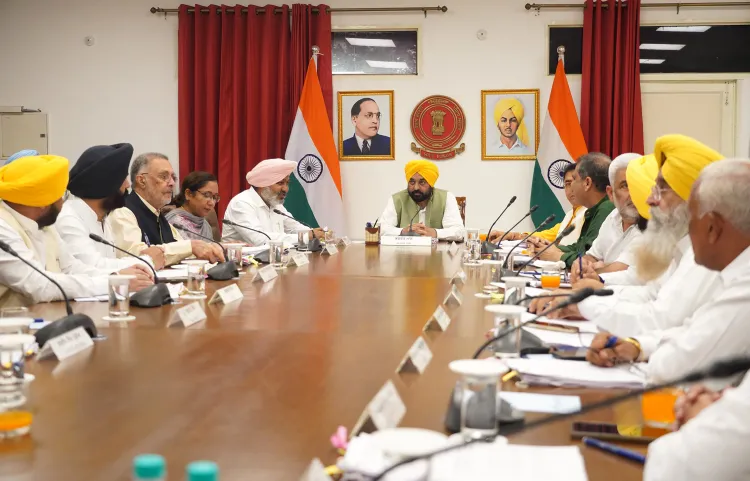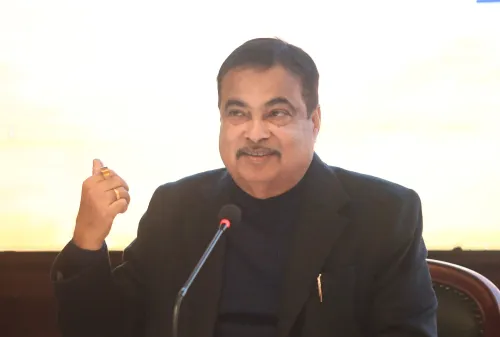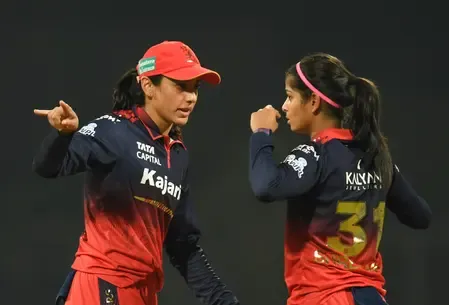Why Did the Punjab Cabinet Withdraw the Land Pooling Policy Notification?

Synopsis
Key Takeaways
- The Punjab Cabinet has withdrawn the land pooling policy following farmer protests.
- Legal challenges from the Punjab and Haryana High Court influenced this decision.
- Amendments to the Punjab Cooperative Societies Act aim to enhance transparency in property transactions.
- A new post for Panchayat Development Secretary will be created to boost rural development.
- A Group of Ministers will oversee the procurement of agricultural crops.
Chandigarh, Aug 14 (NationPress) Just three days after the controversial policy was repealed, which ignited widespread protests among thousands of farmers, the Punjab Cabinet, headed by Chief Minister Bhagwant Mann, decided on Thursday to retract the notification issued by the Department of Housing and Urban Development regarding the land pooling policy from June 4, alongside subsequent amendments.
This policy aimed to acquire 65,533 acres of land, with 46,861 acres targeted for acquisition through land pooling in Ludhiana alone.
The move provoked extensive demonstrations by farmers, farmer unions, and all opposition parties.
Moreover, the Punjab and Haryana High Court had put a hold on the policy, pointing out procedural flaws.
A spokesperson from the Chief Minister’s Office announced that the Cabinet also endorsed an amendment to the Punjab Cooperative Societies Act of 1961, along with the withdrawal of stamp duty and registration fee exemptions for specific categories of cooperative societies.
Currently, the Act allows exemptions from mandatory registration, originally designed to foster the growth of cooperative institutions.
However, this provision has permitted property transactions, particularly in urban housing societies, to occur without formal registration or the payment of associated fees.
This scenario has led to unregistered possession, ‘benami’ transactions, and other legally precarious dealings.
“As a result, amendments to Section 37 of the Act have been introduced, adding Clauses 2 and 3. These clauses empower the state government to issue notifications in the official gazette, indicating that the exemption under sub-section (1) may not apply to certain classes of cooperative societies or specific types of instruments.
“Once such a notification is released, the instruments will be categorized under clauses (b) and (c) of sub-section (1) of Section 17 of the Indian Registration Act, 1908, and will thus be subject to mandatory registration under that Act,” said the CMO spokesperson.
To further promote rural development through effective implementation and oversight, the Cabinet approved the establishment of the post of Panchayat Development Secretary by merging the roles of Panchayat Secretaries and gram sevaks (village development officers).
A state cadre will be formed for these positions to expedite rural development throughout the state.
For current Panchayat Secretaries, a 'dying cadre' will be established, assigning them based on their self-declaration letters and seniority, following the existing gram sevaks in the seniority hierarchy.
The Cabinet also granted ex-post facto approval for forming a Group of Ministers to ensure the effective procurement of Kharif and Rabi crops.
The Group of Ministers, chaired by the Agriculture Minister, includes the Ministers for Food and Civil Supplies, Transport, and Water Resources as members.
Additionally, the Cabinet approved the formation of a Cabinet Sub-Committee to review and analyze the recommendations put forth by the committee of officers concerning Parts II and III of the Sixth Punjab Pay Commission Report.




